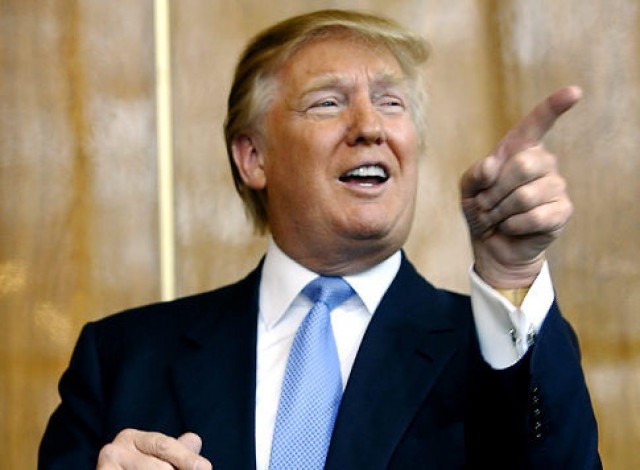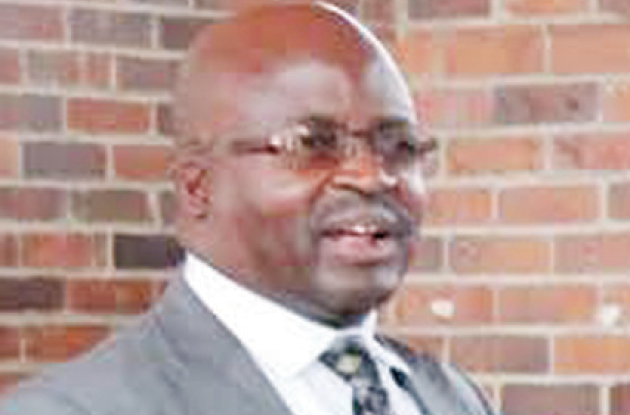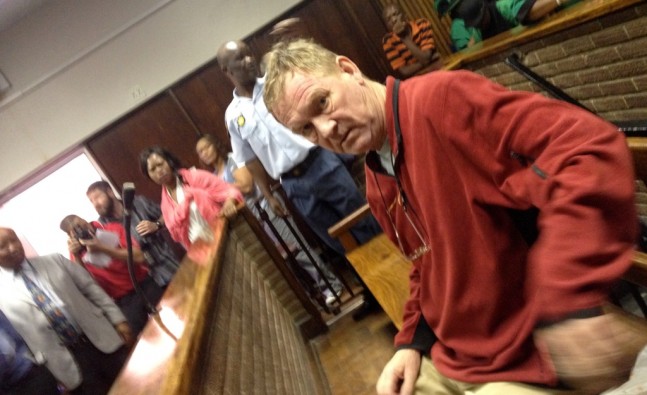Australian party leader says some Trump views ‘barking mad’

Canberra – Australia’s opposition leader has described some of the presumptive Republican presidential candidate Donald Trump’s views as “barking mad,” breaking a longstanding Australian convention of avoiding taking sides in US political contests.
Prime Minister Malcom Turnbull criticised opposition leader Bill Shorten for potentially offending Americans through his comments during a radio interview yesterday.
Australia is in the early weeks of campaigning before the July 2 election and how its leader would deal with a possible President Trump has emerged as an issue.
The United States is Australia’s most important strategic ally and successive Australian governments undertake to work with whatever administration Americans choose.
Centre-left labour Party leader Shorten told a Darwin radio station that a Trump administration was among “the sort of scenarios you hope don’t emerge.”
Meanwhile, Trump reached the number of delegates needed to clinch the Republican nomination for president on Thursday, completing an unlikely rise that has upended the political landscape and set the stage for a bitter fall campaign.
Trump was put over the top in the Associated Press delegate count by a small number of the party’s unbound delegates who told the AP they would support him at the national convention in July. Among them is Oklahoma GOP chairwoman Pam Pollard.
“I think he has touched a part of our electorate that doesn’t like where our country is,” Pollard said. “I have no problem supporting Mr Trump.”
It takes 1,237 delegates to win the Republican nomination. Trump has reached 1,238. With 303 delegates at stake in five state primaries on June 7, Trump will easily pad his total, avoiding a contested convention in Cleveland.
Trump, a political neophyte who for years delivered caustic commentary on the state of the nation from the sidelines but had never run for office, fought off 16 other Republican contenders in an often ugly primary race.
Many on the right have been slow to warm to Trump, wary of his conservative bona fides. Others worry about his crass personality and the lewd comments he’s made about women.
But millions of grass-roots activists, many of them outsiders to the political process, have embraced Trump as a plain-speaking populist who is not afraid to offend.
Steve House, chair of the Colorado Republican Party and an unbound delegate who confirmed his support of Trump to the AP, said he likes the billionaire’s background as a businessman. “Leadership is leadership,” House said. “If he can surround himself with the political talent, I think he will be fine.”
Trump’s pivotal moment comes amid a new sign of internal problems.
Hours before clinching the nomination, he announced the abrupt departure of political director Rick Wiley, who was in the midst of leading the campaign’s push to hire staff in key battleground states. In a statement, Trump’s campaign said Wiley had been hired only on a short-term basis until the candidate’s organisation “was running full steam”.
His hiring about six weeks ago was seen as a sign that party veterans were embracing Trump’s campaign. A person familiar with Wiley’s ouster said the operative clashed with others in Trump’s operation and didn’t want to put longtime Trump allies in key jobs. The person insisted on anonymity because the person was not authorised to publicly discuss the internal campaign dynamics.
Some delegates who confirmed their decisions to back Trump were tepid at best, saying they are supporting him out of a sense of obligation because he won their state’s primary.
Cameron Linton of Pittsburgh said he will back Trump on the first ballot since he won the presidential primary vote in Linton’s congressional district.
“If there’s a second ballot I won’t vote for Donald Trump,” Linton said. “He’s ridiculous. There’s no other way to say it.”
Trump’s path to the Republican presidential nomination began with an escalator ride.
Trump and his wife, Melania, descended an escalator into the basement lobby of the Trump Tower on June 16, 2015, for an announcement many observers had said would never come: The celebrity real estate developer had flirted with running for office in the past.
His speech then set the tone for the candidate’s ability to dominate the headlines with provocative statements, insults and hyperbole. He called Mexicans “rapists”, promised to build a wall between the US and Mexico and proposed banning most Muslims from the US for an indeterminate time.
He criticised women for their looks. And he unleashed an uncanny marketing ability in which he deduced his critics’ weak points and distilled them to nicknames that stuck. “Little Marco” Rubio, “Weak” Jeb Bush and “Lyin’ Ted” Cruz, among others, all were forced into reacting to Trump. They fell one-by-one — leaving Trump the sole survivor of a riotous Republican primary. — AFP










Comments